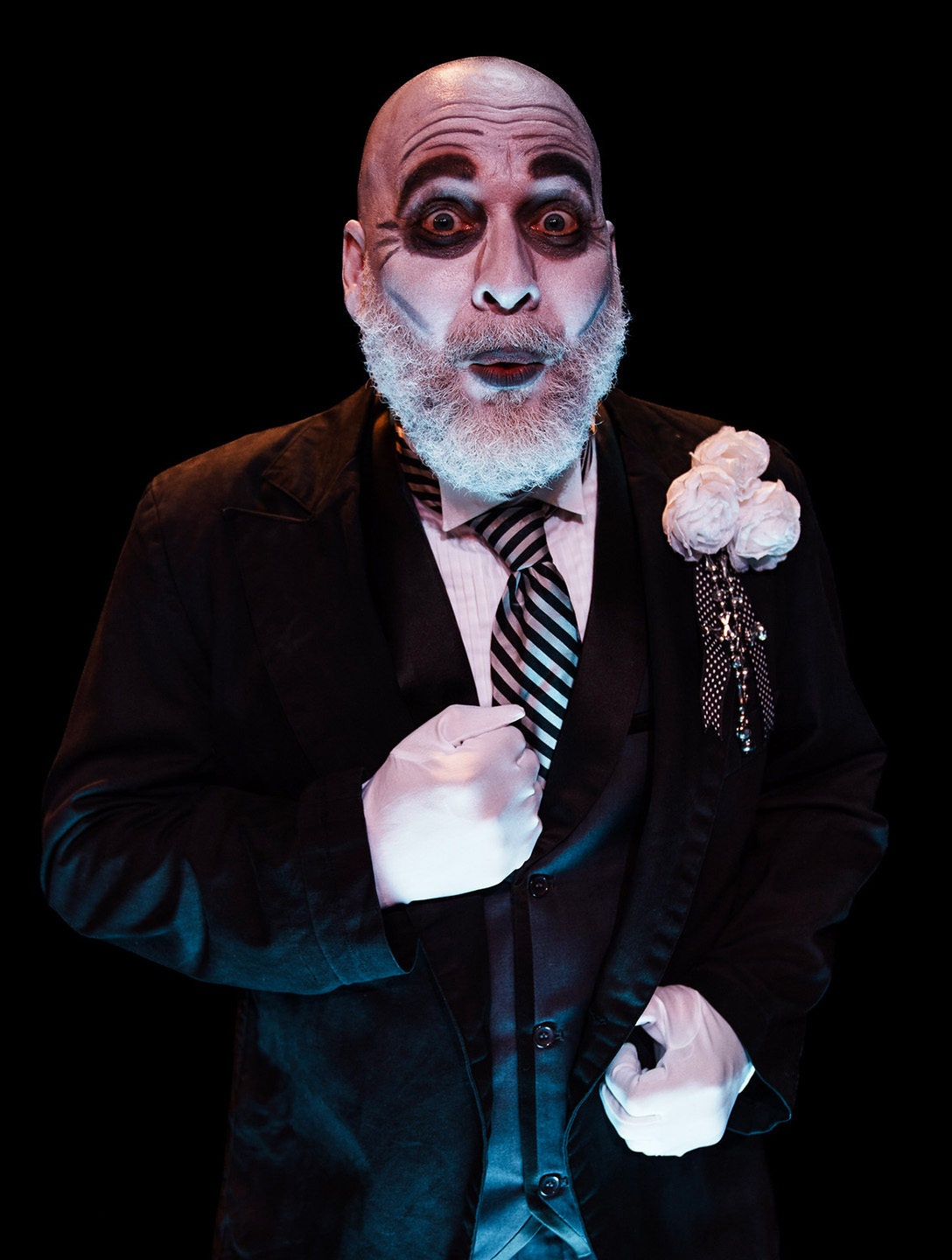So we’ve not been so great at blogging for a while. Actually *I* have not been so great at blogging for a while. Friend and cohort Shawn Paonessa astutely observed that there was a distinct dropoff in blog posts once I started my PhD program. It’s a pretty simple cause and effect relationship here. I’m reading and writing enough and this blog falls to the bottom of the pile pretty easily.
We have some ideas for that, which I won’t get into now, but expect that we’ll be changing this blog up in big ways later this year. The first change is what we’re going to do with The Taming of the Shrew. Not only have I lived with this show for well over a year in the cutting of it (I essentially killed off a lot of the Shakespearean repetitiveness and removed more minor characters so that we could get the cast down to 9 and the whole piece down to a zippy straight 90 minutes), but I also used the show for a paper for one of my classes in the spring. In short I laid forth a plan as to how to take a feminist approach to this contested script that would stress the necessity of mutuality and equality in our relationships. I argue the urgency of the theorist-practitioner as they are too often regarded as separate things. I contend that we can take on serious things like gender roles/norms through comedy for serious ends via the grotesque, irony, ambiguity, maintaining tensions and even silences.
If anyone is really that interested, I have a full 25 or so page paper that goes into all of this in detail. I’d be happy to let you read it. I provided to the cast as dramaturgy and for them to get a feel for where I am going with this.
One aspect of my approach is also stressing the collaborative spirit in what we do, in equality at every level, and the importance of documenting this work from as many sides as possible. Hopefully in the end we can compile all of this business and see what we have. I may also incorporate a lot of this in the lobby/preshow experience – blogs from the cast and crew, candid photos snapped in rehearsal, sketches and so on.
The cast is already enjoying this. I saw lots of cameras in use at Sunday’s rehearsal when actors were off stage. My first “official” contribution is from our Stage Manager, Krystalle Voecks, who snapped this while we were all on break Saturday. This is Katrina Stevenson, our Kate, looking like a bad girl. I particularly like the NO sign over her head. Great composition on this shot for a candid, and I’m always a fan of Hipstamatic shots. 🙂
So, watch this space, I already have other things in the pipeline to post later.
In the meantime, if you’re a reader and have specific requests of “backstage” type things or aspects of the process you’d like to know about, leave us a comment! We’ll do our best in taking suggestions. 🙂













2 Responses
Why do you feel qualified to helm a “feminist” version of this play?
That’s a good question, and one that probably depends on a whole lot of definitions and interpretations. I think I have to be careful here …
There is no real singular definition of feminism, or what it actually means to “do” something from a feminist perspective. That can make things problematic within itself, even among feminists.
Then there is the obvious statement that I will make that I am a male. Some might claim that precludes me from being able to attempt this, and that even if I tried I wouldn’t really be taking a feminist approach.
I’m just saying there are 101 bear traps situated around not only my attempt, but the question you’ve raised.
So allow me to try to answer you a little more directly. As a straight white male I have to be reflexively aware of my own privilege and the blindnesses that has created for me. All I can do there is try my best, to remain reflexive and to create a collaborative environment which encourages multiple perspectives and voices. This has prompted me to adjust my process in a few ways to try to create more space for that.
I’ve done my research. I’ve just spent the past 6 months laying a foundation of feminist thought at the PhD level on issues of sex, gender and sexuality – from Krafft-Ebing to Judith Butler. (I got an A in the class, perhaps to some that would make me qualified?) Jokes aside, I wouldn’t make such a claim. I just have an awareness and understanding that I didn’t necessarily have prior to that.
During that same time I chose for my research project to work on this play and so did a ton of reading on feminist approaches to and critiques of Shakespeare as well as modern productions that have attempted to do the sort of work I’d like to try with the show. I know what’s come before and how that work has been received, good or bad.
Funny thing about that is in almost every one of those cases, people were split. Group A thought the attempt wasn’t radical enough and Group B thought it was mucking around with Shakespeare or attempting to put things in the work that didn’t belong there. I may get the same reaction, but that won’t stop me from trying.
So beyond all of this in terms of who gets to own or define this term or that, for me at a fundamental level it boils down to this: we have (men, women, gay straight, white, black, and so on down the line) been effected by heteronormativity’s silent entrenchment. To oppress one is to oppress all.
Am I still not effected by sexist notions of what is acceptable behavior for me as a man? Am I not effected by the gender norms and norms of kinship that are dictated to me just as they are to anyone else?
Today, a lot of feminist/gender theory talks about how ALL bodies are problematic and effected by the insidiousness of heteronormativity. It may effect others far more directly or more meaningfully than I am effected, and that gives me all the more reason to try to create a public discourse. The poetic is rarely apolitical.
And where better to explore such ideas than in a text FULL of all things heteronormative? In Shrew we find rigidly defined gender roles and an oppressive kinship system, which can serve as a site for struggle of resistance and of subversion. That struggle will hopefully lead to thought and that thought hopefully to conversation and perhaps, eventually, change.
So, as a human being impacted by the violence that heteronormativity does on us all, I feel qualified to explore these issues in my work.
I’m not saying that I’m the end-all authority or that I may not fail, but I believe I am qualified to try and I will try my best.
Thanks again for your question, anon! Let me know if that wasn’t the answer you were looking for or if you’d like more explanation.